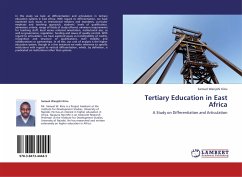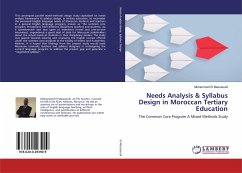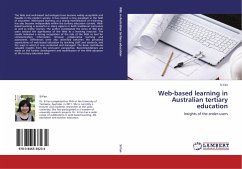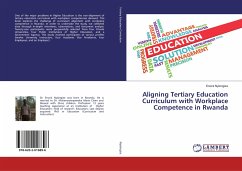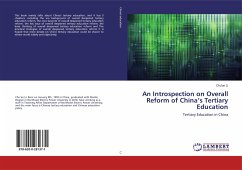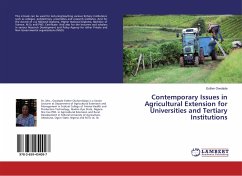In this study we look at differentiation and articulation in tertiary education systems in East Africa. With regard to differentiation, we have examined such issues as institutional missions and mandates, curricular emphasis and teaching approach, students levels of qualification, admissions criteria, range of fields of study offered, minimum requirements for teaching staff, local versus national orientation, institutional size, as well as governance, regulation, funding and issues of quality control. With regard to articulation, we have explored issues as transferability of credits, recognition and structure of qualifications, staff mobility and collaborations or partnerships. In all this, our unit of analysis is the higher education system, though in a few instances we make reference to specific institutions with regard to vertical differentiation, which, by definition, is predicated on institutions rather than systems.

